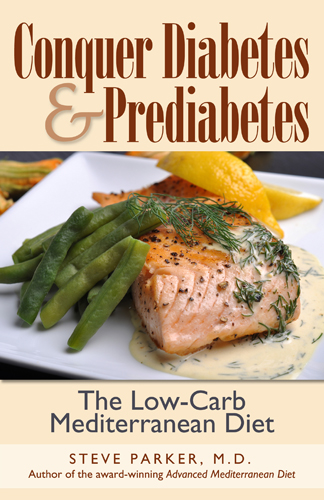December 10, 2024 · 1:34 AM
C-reactive protein (CRP) is a bloodstream marker of body-wide irritation. A distinguished principle is that in case your CRP is simply too excessive, it causes continual illness states like hypertension, dementia, and heart problems. A 2024 meta-analysis revealed in British Journal of Diet regarded on the results of varied diets on CRP. The implication is that your odds of growing specific continual illnesses is lowered in the event you undertake a weight loss program that lowers your CRP. Examine the Summary under to see how your weight loss program stacks up:
Adopting a wholesome dietary sample could also be an preliminary step in combating inflammation-related continual illnesses; nevertheless, a complete synthesis evaluating present proof is missing. This umbrella evaluate aimed to summarise the present proof on the results of dietary patterns on circulating C-reactive protein (CRP) ranges in adults. We carried out an exhaustive search of the Pubmed, Scopus and Epistemonikos databases, spanning from their inception to November 2023, to establish systematic evaluations and meta-analyses throughout all examine designs. Subsequently, we employed a random-effects mannequin to recompute the pooled imply distinction. Methodological high quality was assessed utilizing the A Measurement Instrument to Assess Systematic Critiques 2 (AMSTAR 2) guidelines, and proof certainty was categorised as non-significant, weak, suggestive, extremely suggestive or convincing (PROSPERO: CRD42023484917). We included twenty-seven articles with thirty meta-analyses of seven dietary patterns, fifteen of which (50 %) exhibited excessive methodological high quality. The abstract results of randomised managed trials (RCT) discovered that the Mediterranean weight loss program was the simplest in lowering circulating CRP ranges, adopted by Vegetarian/Vegan and Vitality-restricted diets, although the proof was of weak high quality. In distinction, Intermittent Fasting, Ketogenic, Nordic and Paleolithic diets didn’t present an inverse correlation with circulating CRP ranges. Some outcomes from mixed interventional and observational research, in addition to solely observational research, additionally agreed with these findings. These dietary patterns present the potential in lowering CRP ranges in adults, but the shortage of high-quality proof suggests future research could alter the abstract estimates. Due to this fact, additional well-conducted research are warranted.
Steve Parker, M.D.















